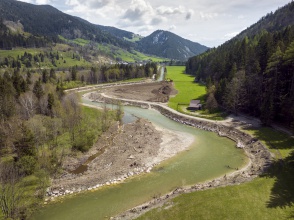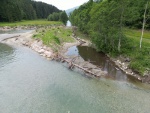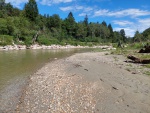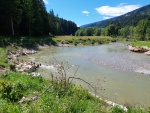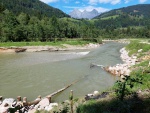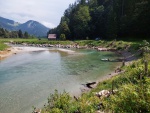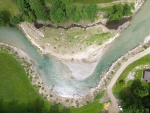Case study:LIFE IP IRIS Enns Mandling Restoration: Difference between revisions
Martin.wenk (talk | contribs) No edit summary |
No edit summary |
||
| (2 intermediate revisions by one other user not shown) | |||
| Line 1: | Line 1: | ||
{{Case study status | {{Case study status | ||
|Approval status= | |Approval status=Approved | ||
}} | }} | ||
{{Location | {{Location | ||
| Line 30: | Line 30: | ||
}} | }} | ||
{{Image gallery}} | {{Image gallery}} | ||
{{Case study image | |||
|File name=Enns.JPG | |||
}} | |||
{{Case study image | |||
|File name=Enns2.jpg | |||
}} | |||
{{Case study image | |||
|File name=Enns3.jpg | |||
}} | |||
{{Case study image | |||
|File name=Enns4.jpg | |||
}} | |||
{{Case study image | |||
|File name=Enns5.jpg | |||
}} | |||
{{Case study image | |||
|File name=Enns15.JPG | |||
}} | |||
{{Image gallery end}} | {{Image gallery end}} | ||
{{Toggle button}} | {{Toggle button}} | ||
{{Toggle content start}} | {{Toggle content start}} | ||
{{Case study subcatchment}} | {{Case study subcatchment | ||
|Subcatchment=Enns | |||
}} | |||
{{Site}} | {{Site}} | ||
{{Project background}} | {{Project background}} | ||
Latest revision as of 09:00, 28 March 2024
Project overview
| Status | Complete |
|---|---|
| Project web site | http://life-iris.at/en/massnahmen/new-river-enns-near-mandling/ |
| Themes | Flood risk management, Habitat and biodiversity, Hydromorphology, Monitoring, Social benefits |
| Country | Austria |
| Main contact forename | Martin |
| Main contact surname | Wenk |
| Main contact user ID | User:Martin.wenk |
| Contact organisation | BML |
| Contact organisation web site | http://https://www.bml.gv.at/ |
| Partner organisations | Land Salzburg |
| Parent multi-site project | |
| This is a parent project encompassing the following projects |
No |
Project summary
After an 8-month construction period, work on the Enns near Mandling was mostly completed in early summer 2023. Here, two former river loops of the Enns were restored.
The result? A natural and lively river that can once again flow more freely and constantly changes. Natural processes are creating new gravel and sand banks in the renaturalized sections and deep pools alternate with shallow, flooded areas. As a result of these measures, the river is once again better connected with the surrounding area and the water balance is more in equilibrium. In the event of a flood, water can be buffered in such areas and flooding in the settlement area is reduced.
The positive effects are already clearly visible. The ecological condition of the River Enns has improved noticeably and the river and the adjacent banks are an important habitat for many native animals and plants.
Monitoring surveys and results
tbd
Lessons learnt
Early negotiations with landowners are crucial!
Image gallery
|
Catchment and subcatchmentSelect a catchment/subcatchment
Catchment
Subcatchment
Other case studies in this subcatchment: Conservation strategies for forest and wild river in Gesaeuse: the Johnsbach Beck restoration, Conservation strategies for forest and wild river in Gesaeuse: the River Enns restoration
Site
Project background
Cost for project phases
Reasons for river restoration
Measures
MonitoringHydromorphological quality elements
Biological quality elements
Physico-chemical quality elements
Any other monitoring, e.g. social, economic
Monitoring documents
Additional documents and videos
Additional links and references
Supplementary InformationEdit Supplementary Information
| ||||||||||||||||||||||||||||||||||||||||||||||||||||||||||||||||||||||||||||||||||||||||||||||||||||||||||||||||||||||||||||||||||||||||||||||||||||||||||||||||||||||||||||||||||||||||||||||||||||||||

